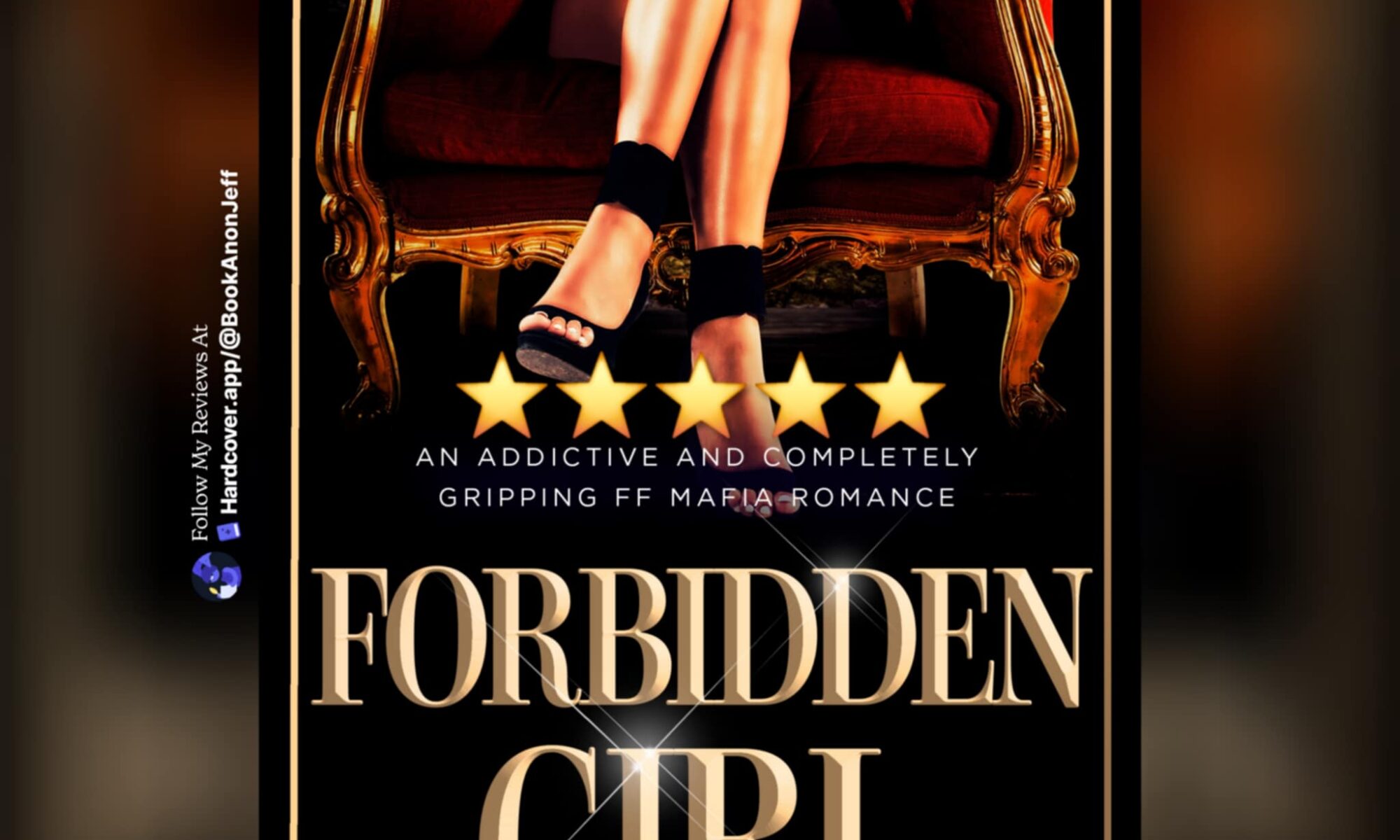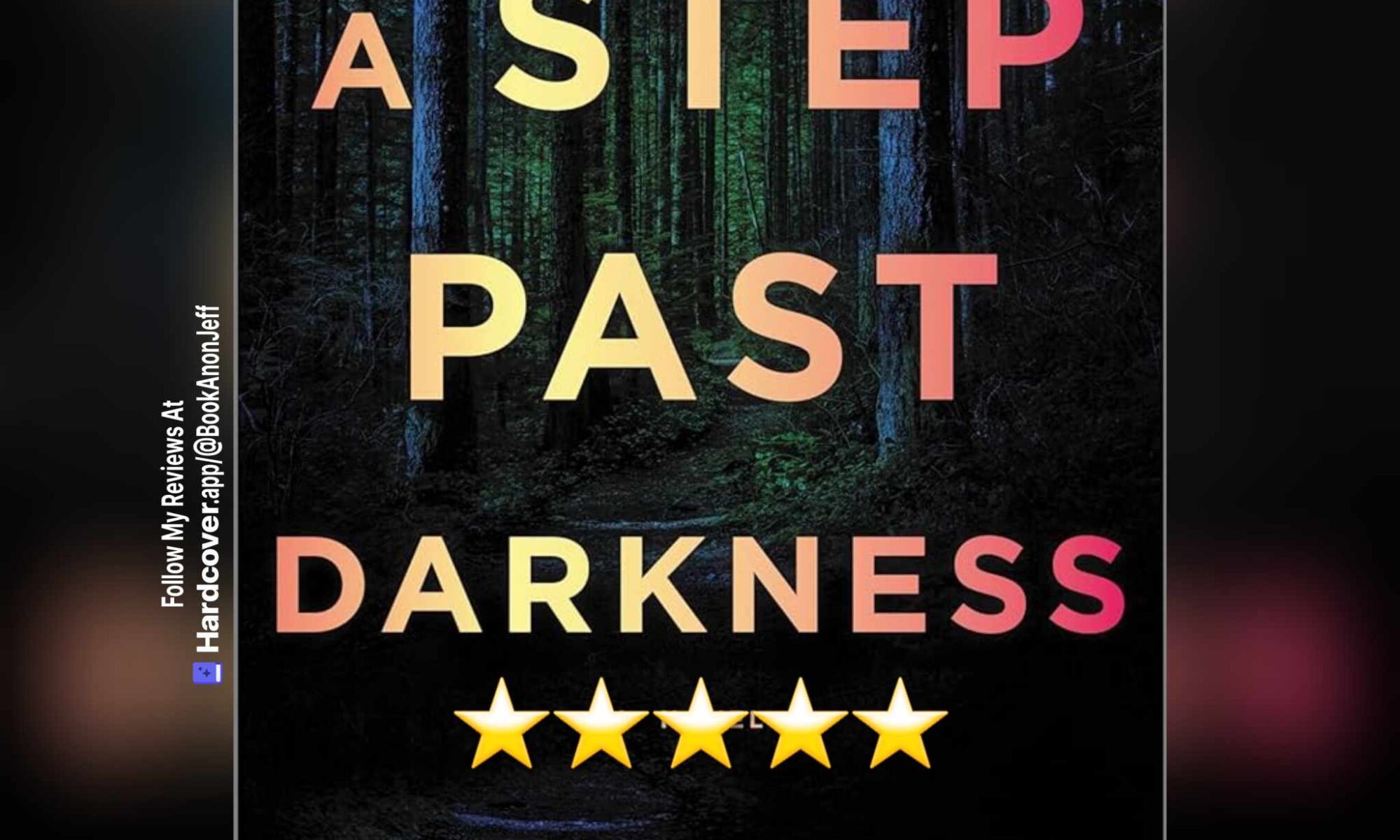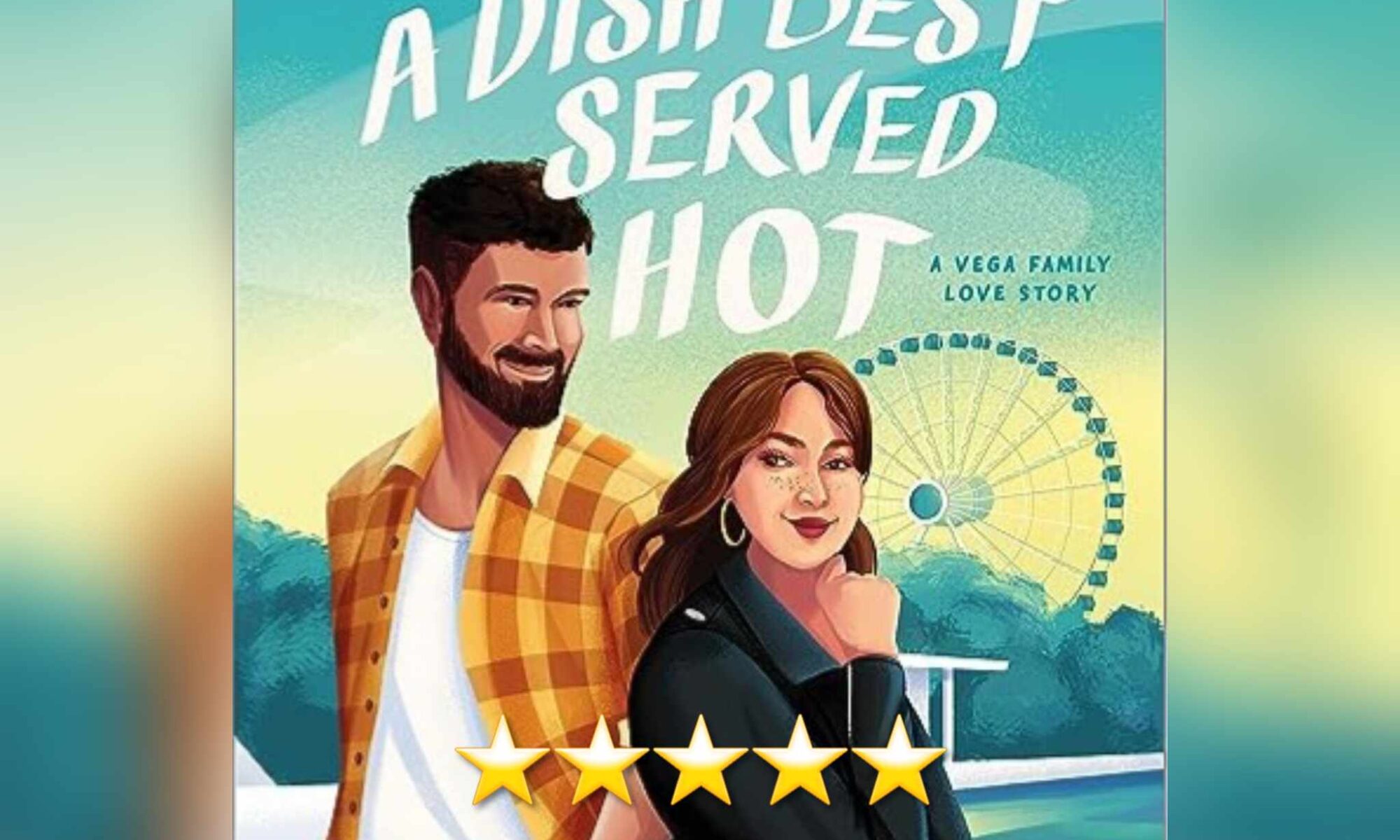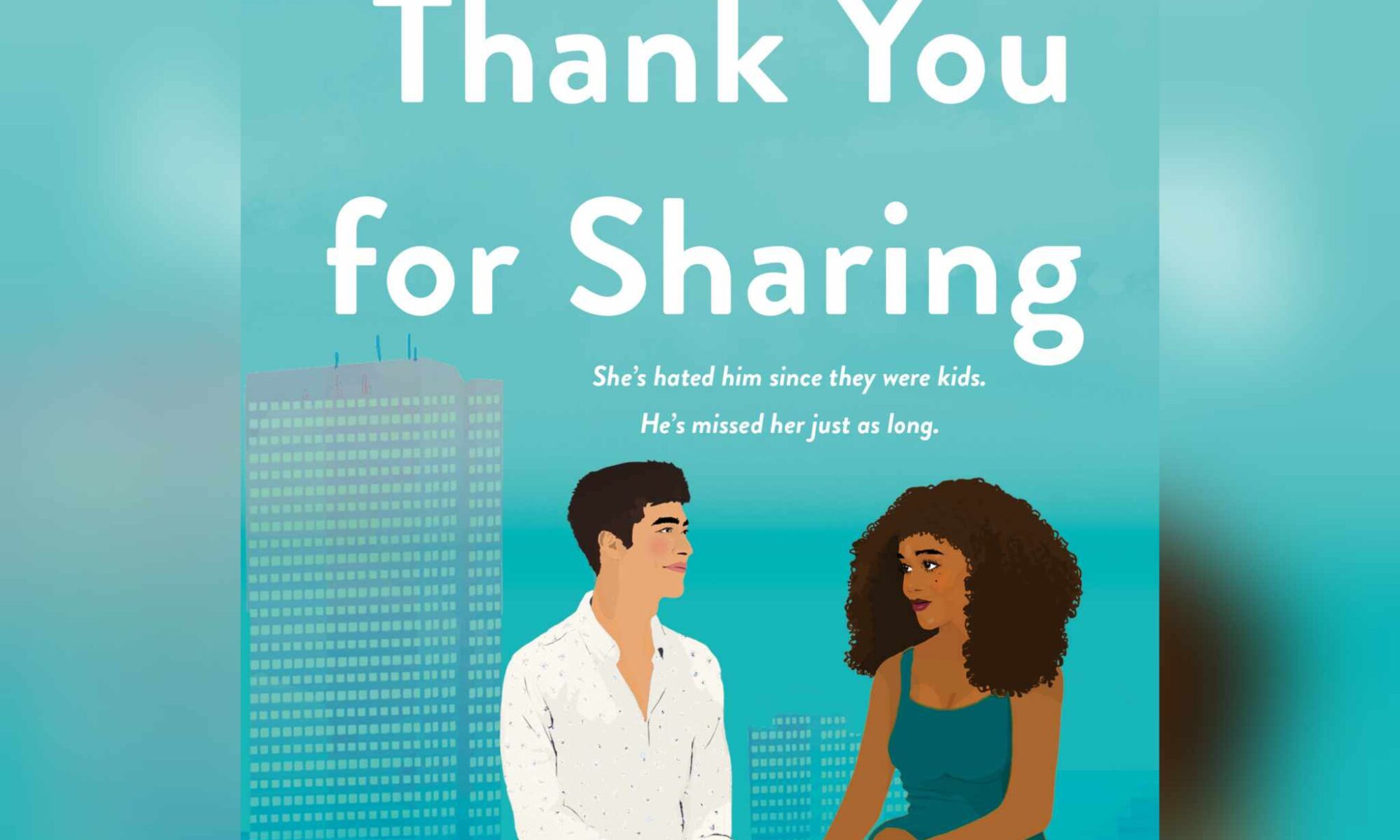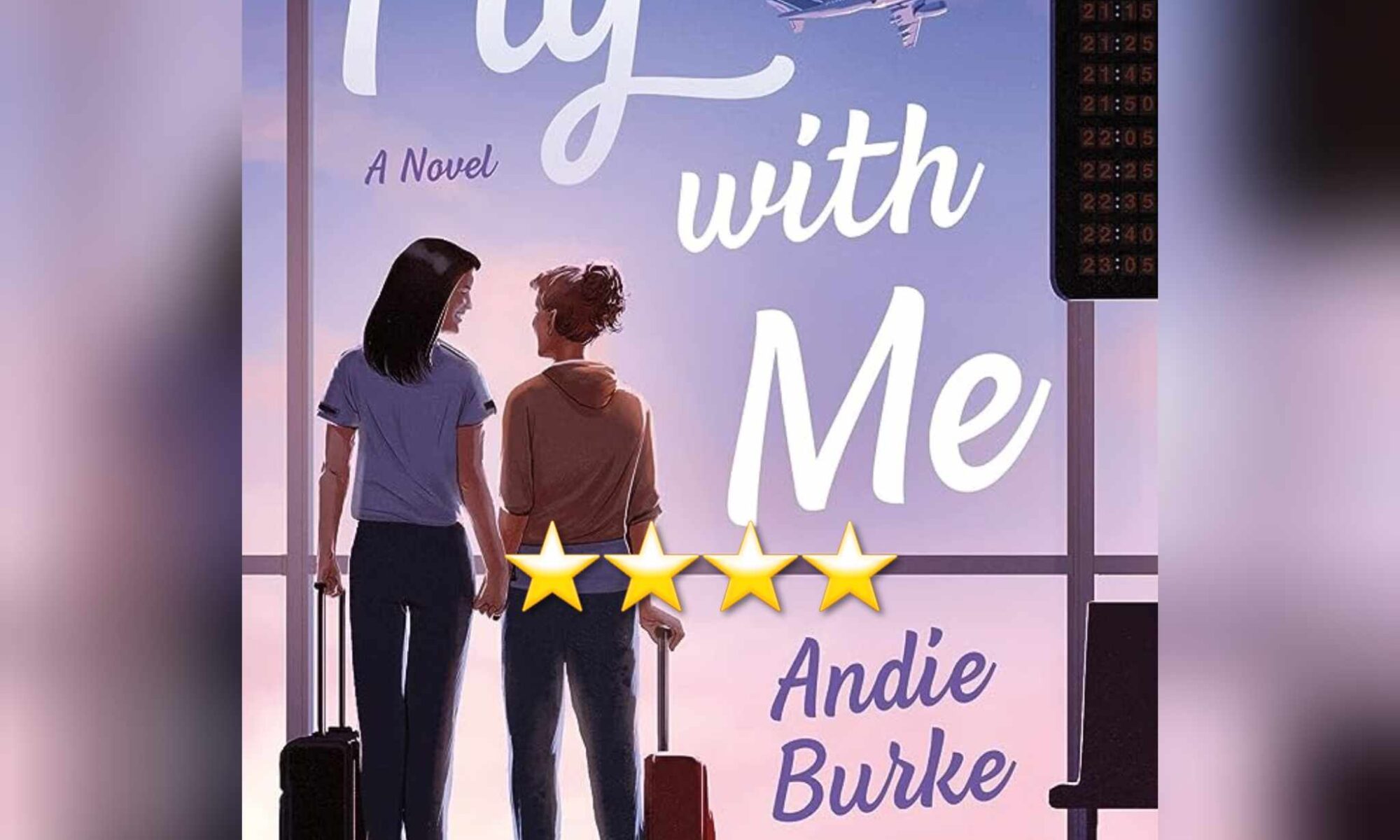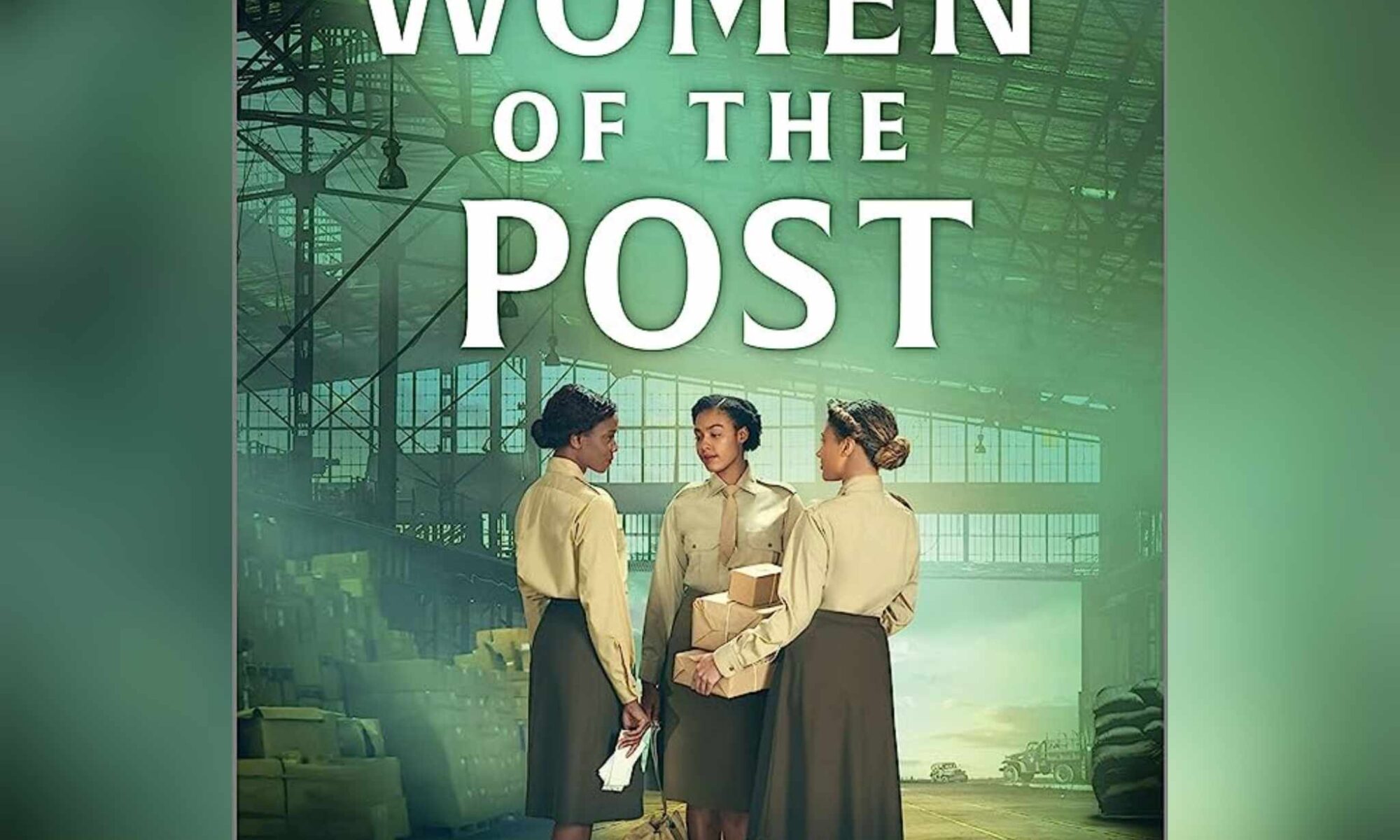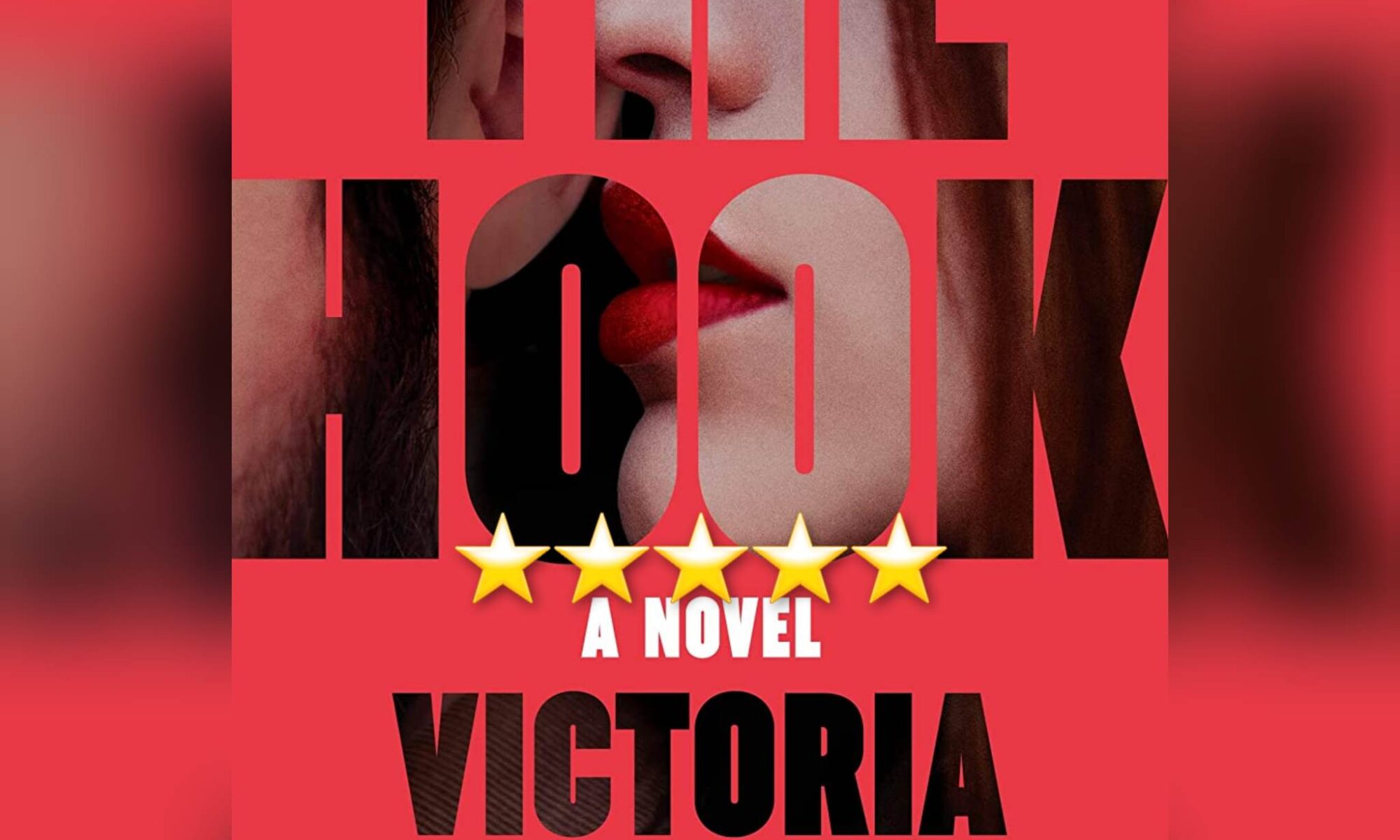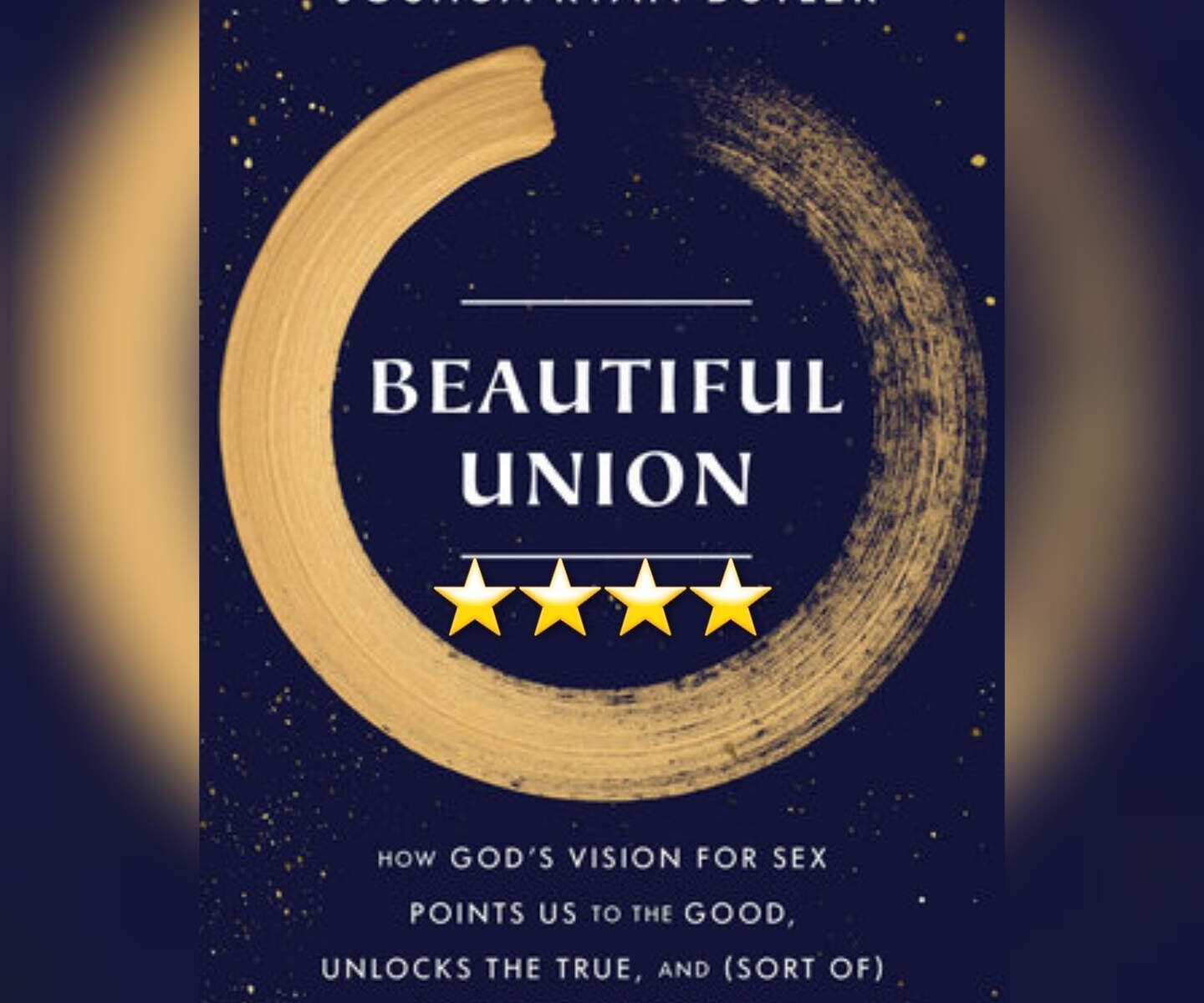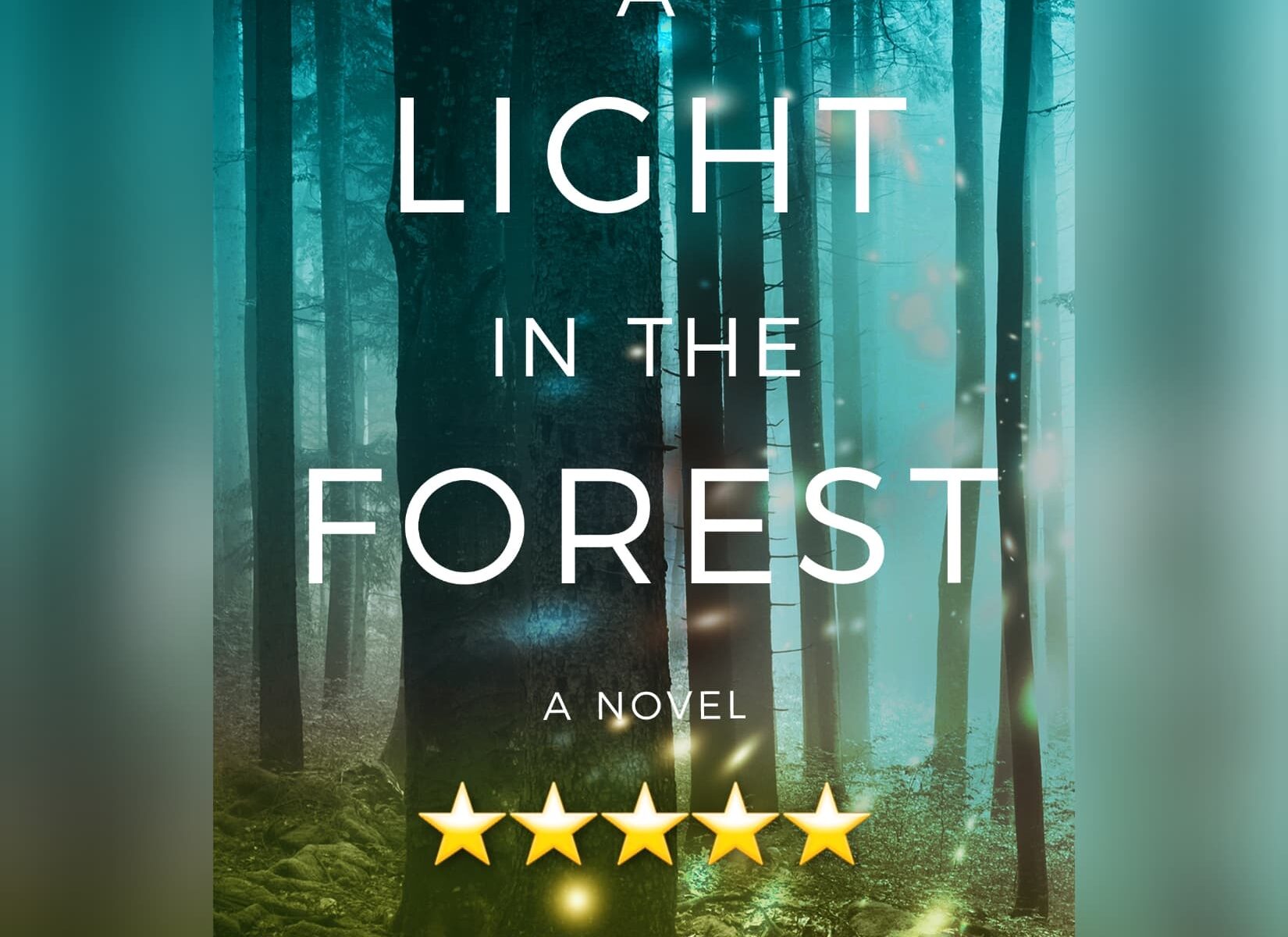M/F Romance For The Queer Theory / Traditional-Masculinity-Is-Toxic crowd. I’ve read a lot of books in a lot of genres with nearly every bent you can imagine outside of swords and sorcery fantasy – which I simply can’t get into, no matter how much I try – and this one has some interesting things going for it. Our female lead is a museum curator – not usually shown in such books, male or female – and has an awesome career opportunity laid out in front of her. Our male lead is a digital marketing specialist – has there ever been a more “Millenial/ Zoomer” job? – who is unsatisfied in his own career, and this next project is make or break for him. So there’s a lot of work angst here in addition to the history of these two together. Combine their friends into one common group, and you’ve got a solid story that at a high level, the Hallmarkie set can easily enjoy.
But then… then you’ve got the pervasive bigotry against virtually anything non-queer, traditional, and/ or white. To the tune that this line deep in the book gives a good indication without even being anywhere near the worst examples: “”I fully endorse lesbian country songs and murder ballads about abusive husbands if you want to play those. It’s the I-like-guns-and-women-and-beer-and-trucks stuff I can’t stand.” (For the record, this reviewer has a problem with murder and domestic violence *no matter who is being attacked or why*.) So, Carrie Underwood and the Dixie – oops, I mean, just “The Chicks” – are perfectly fine, Brad Paisley (whom Underwood has worked *many* events with) and Alabama are out. Got it. But again, this is just a minor example that is concrete evidence of the overall problem. And to be clear, since readers of this particular review may not follow *all* of my reviews and may not know how I work this particular issue (and really, if you want a wide range of good books to read that you’d likely have never found on your own… you really should follow me wherever you’re reading this :D), I look at bigotry by flipping the demographics involved. If [insert demographic A] was behaving this way or saying these things about [insert demographic B], would it be seen as a problem? If it would, and yet [insert demographic B] is behaving that way or saying those things about [insert demographic A]… *it is still a problem*.
But, as I also say quite frequently, there will *always* be someone out there who LOVES the book (or item, more generally) for the EXACT reason a particular reviewer HATES it (and vice versa), so the more you agree with the title and the line I quoted, eh, the more you’re probably going to enjoy this book.
Overall, again, if you remove the pervasive bigotry here, it actually is a rather interesting tale that fully hits everything a younger Millenial/ Zoomer would expect in a romance and meets all genre requirements I am aware of. Combined with others sharing a similar political bent across the generations, and I’m sure Katz can still make quite a career playing into these same ideologies – we see both in books and elsewhere these days that what I once thought impossible is now a daily occurrence, so far as cutting out roughly half of your potential market and yet still having a wildly successful career goes.
Recommended, if you’re open to the particular biases here. The more opposed you are to them… the more you’re going to want to throw this book through the nearest window and DNF it, then leave a scathing 1* review strictly because you didn’t like the politics/ biases at play. Spare Katz the drama and yourself the heart and headache, and just skip it in that case.
This review of Thank You For Sharing by Rachel Runya Katz was originally written on September 5, 2023.

